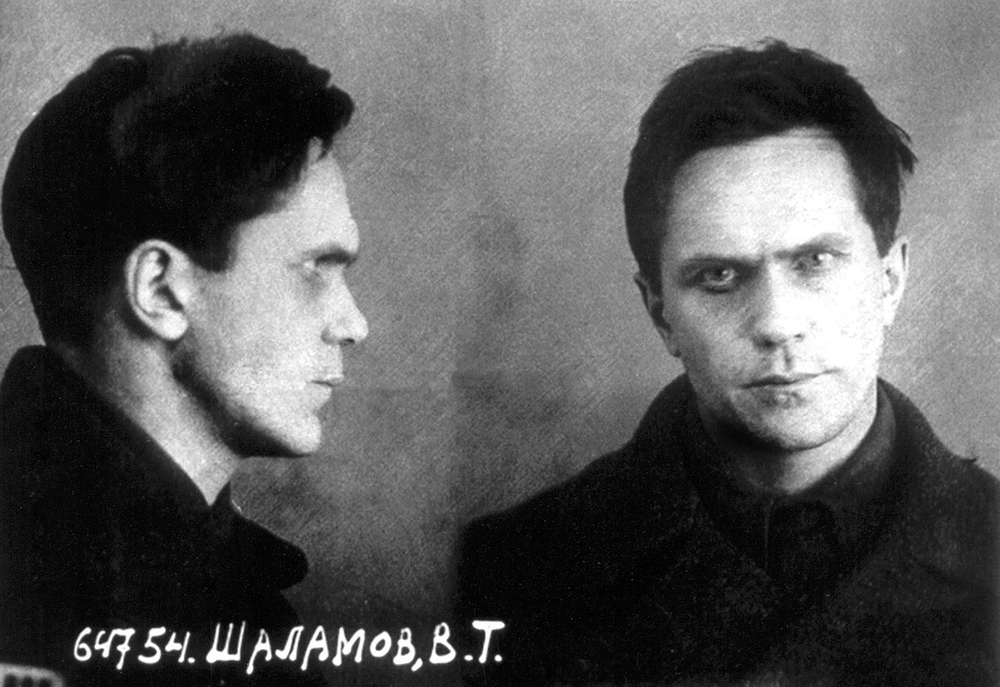We’re away until January 2, but we’re reposting some of our favorite pieces from 2018. Enjoy your holiday!
For fifteen years the writer Varlam Shalamov was imprisoned in the Gulag for participating in “counter-revolutionary Trotskyist activities.” He endured six of those years enslaved in the gold mines of Kolyma, one of the coldest and most hostile places on earth. While he was awaiting sentencing, one of his short stories was published in a journal called Literary Contemporary. He was released in 1951, and from 1954 to 1973 he worked on Kolyma Stories, a masterpiece of Soviet dissident writing that has been newly translated into English and published by New York Review Books Classics this week. Shalamov claimed not to have learned anything in Kolyma, except how to wheel a loaded barrow. But one of his fragmentary writings, dated 1961, tells us more.
1. The extreme fragility of human culture, civilization. A man becomes a beast in three weeks, given heavy labor, cold, hunger, and beatings.
2. The main means for depraving the soul is the cold. Presumably in Central Asian camps people held out longer, for it was warmer there.
3. I realized that friendship, comradeship, would never arise in really difficult, life-threatening conditions. Friendship arises in difficult but bearable conditions (in the hospital, but not at the pit face).
4. I realized that the feeling a man preserves longest is anger. There is only enough flesh on a hungry man for anger: everything else leaves him indifferent.
5. I realized that Stalin’s “victories” were due to his killing the innocent—an organization a tenth the size would have swept Stalin away in two days.
from The Paris Review http://bit.ly/2BGAAjJ

Comments
Post a Comment